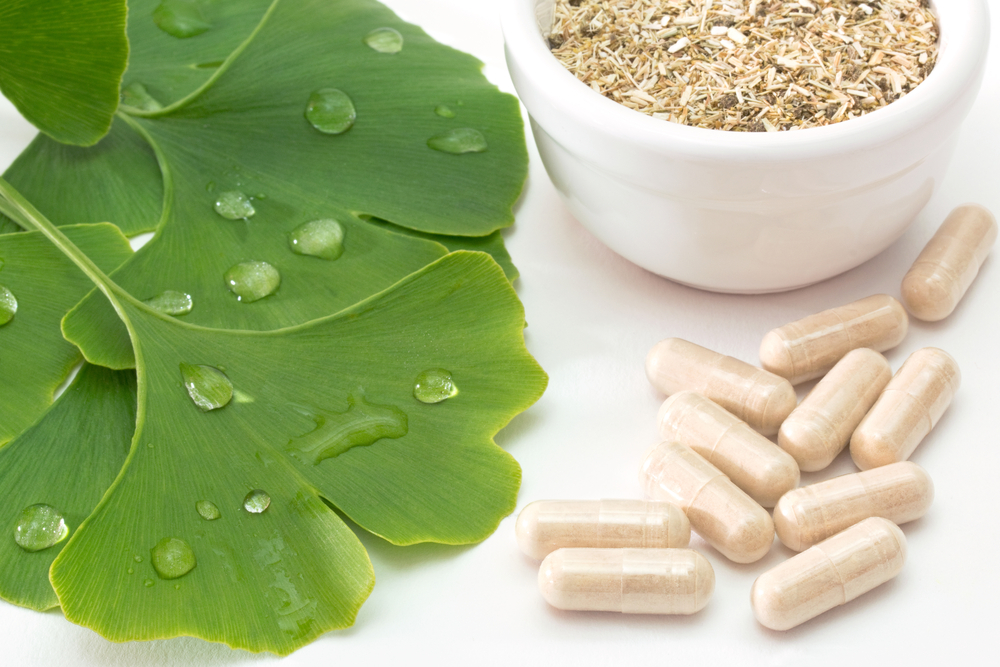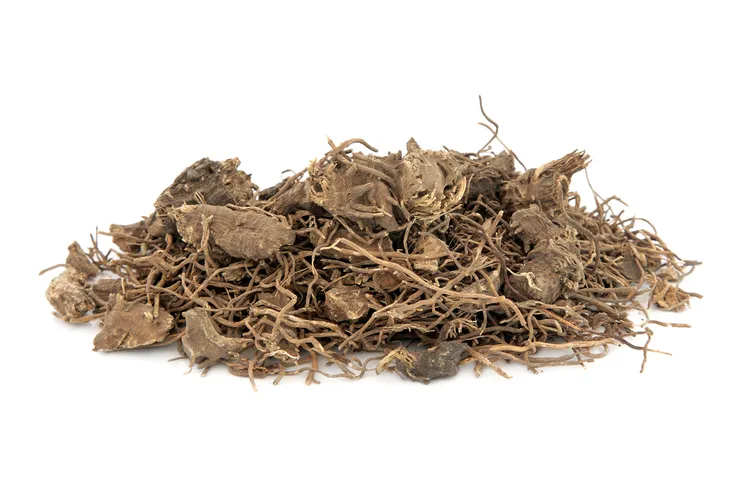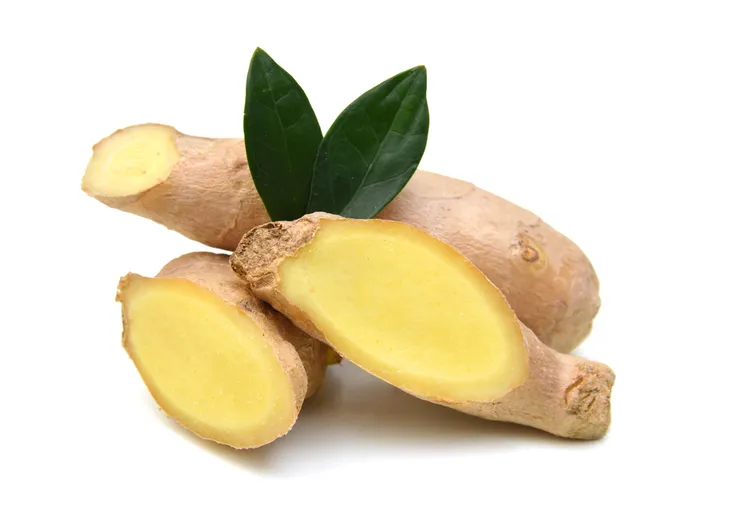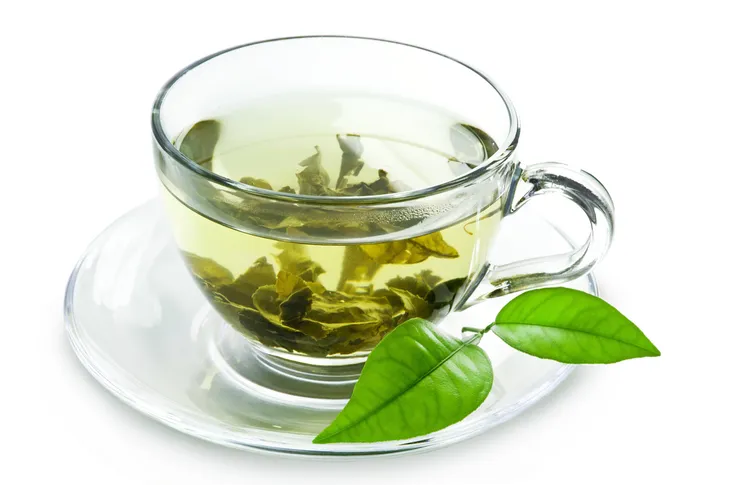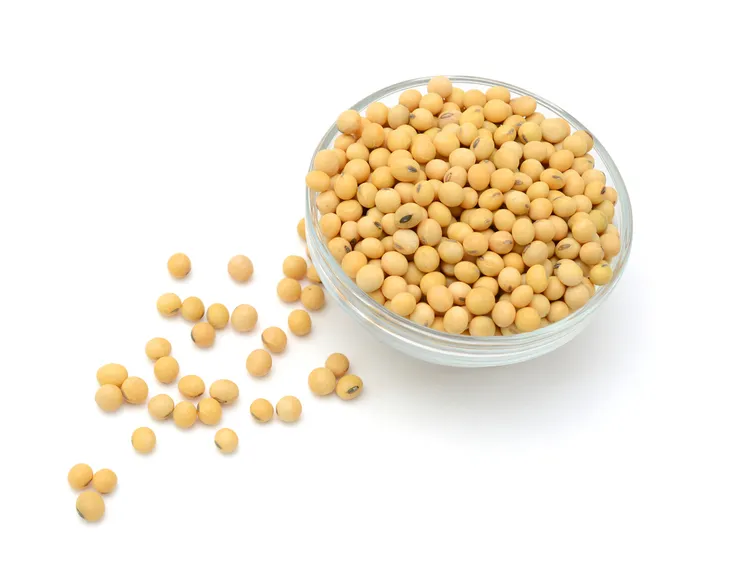Today, complementary and alternative medicine (CAM) is enjoying great popularity. According to the Mayo Clinic, nearly 40-percent of adults report using CAM. Physicians often combine CAM with mainstream medical therapy, which is called integrative medicine. CAM encompasses ancient healing systems (e.g. ayurveda from India and traditional Chinese medicine), homeopathy, and naturopathy. Herbs and dietary supplements are also part of CAM. Herbs and dietary supplements are not as tightly regulated as prescription medications, as a result, they do not have to be approved by the United States Food and Drug Administration (FDA).
Twelve herbs and dietary supplements beneficial to health are…
1. Echinacea
Echinacea is an herb native to North America and is the most widely used herbal product in the United States. It is derived from the leaves, flower, and root of the purple coneflower. Native Americans were the first to use the herb medicinally for ailments ranging from respiratory infections to snakebites. Recently, it has grown in popularity as a treatment for the common cold (also known as upper respiratory infections, or URIs).
Current research supports the use of echinacea in the treatment of URIs. If taken shortly after the onset of cold symptoms, it can reduce the duration of illness by 1 to 2-days. Echinacea is not effective for the prevention of URIs. Recommended dosages of the herb vary widely and it’s available as a liquid, capsule, tablet, and tea. Common adverse effects include stomach upset, nausea, and dizziness. No significant drug interactions have been reported with echinacea.
2. Coenzyme Q10
Coenzyme Q10 (CoQ10) is a vitamin-like substance found throughout the body. It is vital to a number of activities related to energy metabolism and helps provide energy to cells. Coenzyme Q10 is found in high concentrations in tissues such as the heart, liver, brain, pancreas, and kidneys. It has been used in the treatment of a multitude of disorders. Coenzyme Q10 is available as a dietary supplement in nearly 100 oral formulations.
Studies have found coenzyme Q10 effective in the treatment of mitochondrial disorders (disorders that limit energy production in cells), Parkinson’s disease, and migraines. It has also been found effective in treating congestive heart failure (CHF), high blood pressure, and diabetes. The most common adverse effect of coenzyme Q10 is stomach upset. Because of its risk of lowering blood sugar and lowering blood pressure, coenzyme Q10 should be used with caution in individuals taking prescription medications for diabetes and high blood pressure.
3. Cranberry
Cranberry is a fruit native to North America. It is grown in bogs, mainly in Massachusetts and Wisconsin. In the 17th century, Native Americans used the ripe fruit to treat wounds, urinary disorders, kidney ailments, blood disorders, liver problems, vomiting, and diarrhea. More recently, cranberry supplements have been used as a remedy for urinary tract infections (UTIs) and infection with Helicobacter pylori (a bacteria implicated in the formation of stomach ulcers).
In a 12-month study, cranberry products were found to be helpful for the prevention of UTIs, especially in women with recurrent UTIs. Cranberry has not been shown to be helpful in the treatment of UTIs. Preliminary research has also shown it may be reduce the ability of H. pylori to cause stomach ulcers. Cranberry is available as a dietary supplement in the form of extracts, capsules, or tablets. Common adverse effects may include stomach upset, unpleasant taste, and diarrhea. Cranberry has no significant drug interactions.
4. Black Cohosh
The herb black cohosh, a member of the buttercup family, is native to North America. It was originally used by Native Americans to treat conditions such as rheumatism (arthritis and muscle pain), menopause, menstrual irregularities, premenstrual syndrome, and to induce labor. Currently, the primary use of black cohosh is for the alleviation of menopausal symptoms such as hot flashes, vaginal dryness, night sweats, depression and mood swings, and insomnia or problems sleeping.
In the United States, the most widely used and best-studied brand of black cohosh is Remifemin. The recommended dosage is one to two 20-mg tablets twice daily (takes 4 to 8-weeks for maximum effect). Common adverse effects of the herb may include stomach discomfort, rash, or headache. There are no known interactions between black cohosh and other drugs. Overall, black cohosh is a safe herbal medicine that appears to be effective in treating the symptoms of menopause.
5. Garlic
Garlic is the edible bulb from a plant in the lily family. It has been used thousands of years as not only a spice, but also for medicinal purposes. Historically, garlic has been used to treat conditions such as high blood pressure, infections, and snakebites. It is thought to have both anti-cancer and anti-bacterial properties. Currently, garlic is used as a dietary supplement in the treatment of high blood pressure, high cholesterol, and heart disease.
Studies have shown garlic can reduce blood cholesterol levels and lower blood pressure (especially in individuals with high blood pressure). Preliminary data suggests garlic may slow the development of heart disease. Garlic may be ingested raw or cooked, dried or powdered, as tablets or capsules, and as oils or liquid extracts. The most effective dosage has not been determined. The most common adverse effects of garlic are breath and body odor. Garlic interferes with effectiveness of saquinavir, a drug used to treat HIV infection.
6. Omega-3 Fatty Acids
Omega-3 fatty acids are a group of polyunsaturated fats important for a number of bodily functions such as muscle activity, fertility, blood clotting, brain development, and cell division and growth. Fish (e.g. salmon and tuna) and fish oil are rich sources of omega-3 fatty acids. Oils rich in omega-3 fatty acids include canola, flax seed, and walnut. Omega-3 fatty acids are thought to fight inflammation, blood clots, and abnormal heart rhythms (cardiac arrhythmia).
In studies, omega-3 fatty acids have been shown to significantly reduce sudden death from cardiac arrhythmia and all causes of death in individuals with known heart disease. Omega-3 fatty acids have also been used to treat high cholesterol, high blood pressure, and rheumatoid arthritis. The latter ailments are treated with higher dosages and are usually accomplished with fish oil supplements. Common adverse effects may include fishy aftertaste, nausea, bloating, and belching. No significant drug interactions between omega-3 fatty acids and other drugs have been reported.
7. Ginger
Ginger is an herb and hails from the same family of plants that include cardamom and turmeric. The part of the ginger plant humans consume is called a rhizome, or underground stem. Ginger is used for cooking and medicinal purposes. In traditional Chinese medicine, it has been used to treat colds, fevers, and digestive problems such as stomach upset, nausea, and diarrhea. Today, ginger is touted as a remedy for pregnancy-related and postoperative nausea and vomiting, motion sickness, and arthritis.
Studies have shown ginger to be effective at relieving pregnancy-related and postoperative nausea and vomiting. It provided no benefit in the treatment of motion sickness. Study results have been mixed with regard to ginger in the treatment of arthritis. Ginger can be consumed fresh or dried and is most commonly administered as an encapsulated dried powder. Common adverse effects may include heartburn, diarrhea, bloating, and mouth irritation. Ginger has no significant drug interactions.
8. Ginkgo Biloba
Ginkgo biloba is an herb and is extracted from the leaf of the ginkgo tree, one of the oldest types of trees in the world. It has been used in traditional Chinese medicine for thousands of years to treat ailments such as asthma, bronchitis, fatigue, and ringing in the ears (tinnitus). Today, it’s commonly used in the treatment of early-stage Alzheimer’s disease, intermittent claudication (leg pain caused by narrowed arteries), and tinnitus.
Most studies have shown ginkgo biloba to be effective in the treatment of Alzheimer’s dementia, intermittent claudication, and tinnitus. It showed no benefit with regards to memory enhancement in individuals without dementia. Extracts of the herb are made into tablets, capsules, or teas. Common adverse effects may include headache, nausea, stomach upset, diarrhea, and dizziness. Ginkgo biloba can increase the risk of bleeding if used in combination with warfarin (a blood thinner), aspirin, and certain other herbs.
9. Green Tea
Steaming fresh leaves of the Camellia sinensis plant produces green tea. It has been consumed for centuries because of its health effects. Polyphenols are responsible for many of the health benefits of green tea. Catechins are the most common of the polyphenols and epigallocatechin (ECGC) is the most plentiful of the catechins. Green tea and its extracts may be helpful for weight loss, prevention of cancer, and in the treatment of genital warts and cardiovascular disease.
The United States Food and Drug Administration has approved an ointment made from green tea extract for the treatment genital warts caused by human papillomavirus (HPV). Conflicting evidence exists for the use of green tea for weight loss, prevention and treatment of cancer, and treatment of cardiovascular disease. It is available as a beverage and extracts can be taken in capsules. Common adverse effects are derived from its caffeine content and may include insomnia, anxiety, stomach upset, nausea, and frequent urination.
10. Probiotics
Probiotics mean “for life” and are microorganisms (e.g. bacteria and yeast) beneficial to an individuals health, especially the digestive system. The most commonly used probiotic bacteria belong to two species: Lactobacillus and Bifidobacterium. Yeasts such as Saccharomyces boulardii are also commonly used as probiotics. They may be in the form of foods such as yogurt or dietary supplements. Probiotics are a rapidly expanding niche in the dietary supplement marketplace.
Probiotics have been found to be of benefit in preventing antibiotic-associated diarrhea and preventing and treating acute infectious diarrhea. The symptoms of irritable bowel syndrome (IBS) also respond favorably to probiotics, especially abdominal pain and bloating. Studies have shown probiotics to be useful in the prevention of atopic dermatitis, or eczema, in at-risk infants. Common adverse effects may include excess gas and mild abdominal discomfort. Probiotics have no known drug interactions.
11. St. John’s Wort
St. John’s wort is an herb whose medicinal uses were first recorded by the ancient Greeks. It is named after John the Baptist because the plant blooms around his birthday, which is June 24th. In the past, the herb has been utilized in the treatment of mental disorders, nerve pain, and malaria. It has also been used as a sedative and a balm for wounds, insect bites, and burns. The active ingredients in St. John’s wort are thought to be hypericin and hyperforin.
Many studies have found St. John’s wort beneficial for the treatment of mild to moderate depression. It was not found beneficial in the treatment of major depression. The herb is most commonly consumed in tablets and capsules. St. John’s wort may cause increased sensitivity to sunlight. Other adverse effects may include stomach upset, dry mouth, anxiety, dizziness, headache, and fatigue. The herb may have a substantial effect on the metabolism of many medications.
12. Soy
Soy, a plant in the pea family, has been cultivated for thousands of years. Soybeans, the seed of the soy plant, are the second largest crop produced in the United States. Soy is a complete source of protein, as it contains all of the essential amino acids necessary for human nutrition. Soy contains compounds called isoflavones. Isoflavones are chemically similar to human estrogen and are termed phytoestrogens.
In clinical trials, soy has been found to be helpful in lowering cholesterol levels, reducing hot flashes associated with menopause, and preventing bone loss after menopause. Soy is available as a dietary supplement in the form of tablets and capsules. Soybeans can be cooked and eaten or used to make tofu, soy milk, and other foods. Recommended intake of soy is 25-grams per day of whole soy or 40 to 80-mg per day of isoflavones. The most common adverse effect is diarrhea. Rare drug interactions have been reported with soy.
